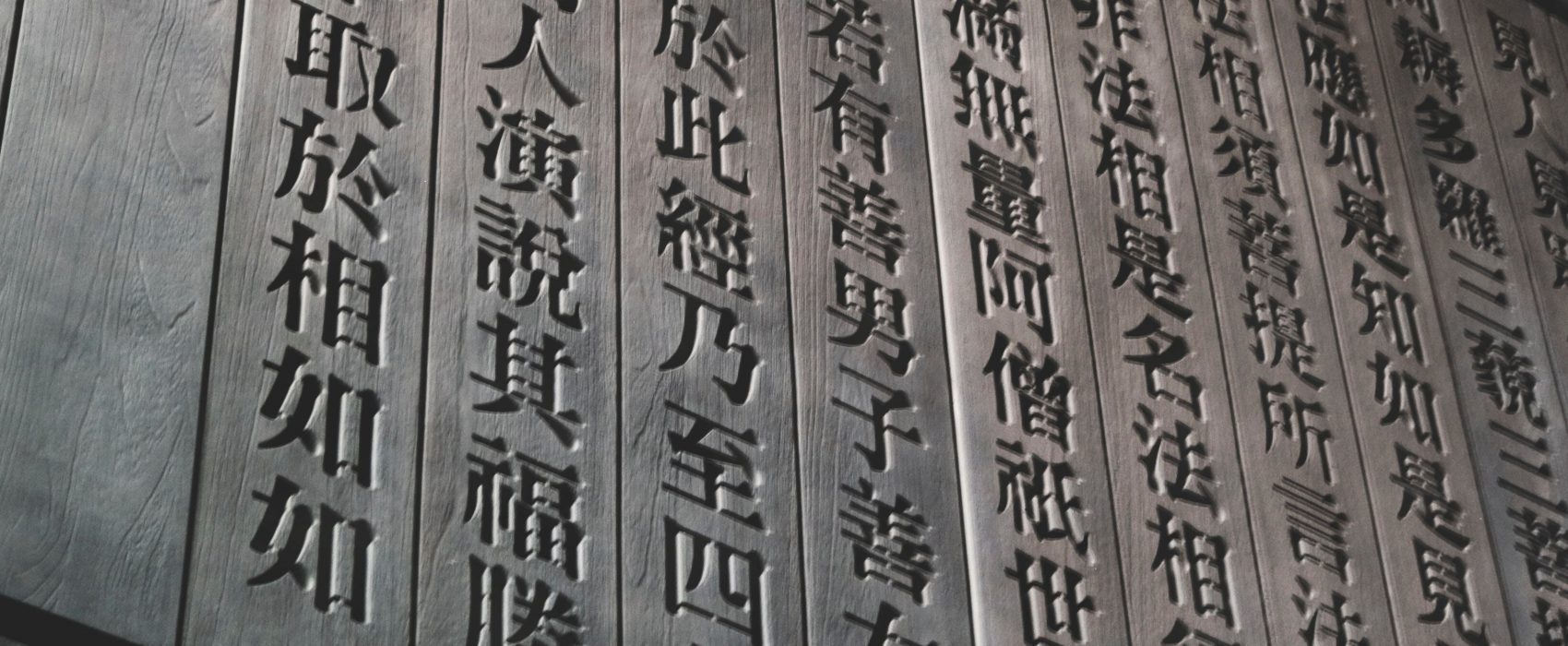Evaluating the best translation agency for Simplified Chinese translation
As the world continues to evolve into an intricate tapestry of global connections, the importance of seamless communication stands resolute. For organizations eyeing China’s titanic market or the broader Chinese-speaking realm, superior English to Simplified Chinese (Mandarin) translation emerges as an indispensable asset. Amid an ever-growing array of translation solutions, what truly delineates the exceptional translation service from the commonplace?
1. Valuing the Indomitable Human Insight of human native speaking Chinese translators
Even in our digital age, the essence of translation—particularly for a language as intricate as Chinese—relies profoundly on human acumen. Chinese, steeped in millennia of history, philosophy, and regional diversities, commands the perspicacity and intuition only veteran human translators can manifest. Elite translation services prioritize these experts, melding linguistic exactitude with a deep understanding of China’s kaleidoscopic cultural spectrum.
2. The Trilogy of Superior Translation during the translation process: Conversion, Editing, and Assurance
Exemplary translation is sculpted through a methodical approach:
• Translation Conversion: The initial translation of English content into Simplified Chinese, marrying linguistic fidelity with the ebb and flow of Chinese syntax and semantics.
• Polish up end editing the translation: During this phase, the nascent translation is refined to enhance its alignment with the original’s nuances and objectives.
• Assurance: The denouement —a stringent audit that ascertains the translation’s brilliance and authenticity.
By faithfully adhering to this triad and best localization project management practices, the outcome is a translation that resonates deeply with its intended audience.
3. Leveraging the Power of Computer-Assisted Translation (CAT) Tools
Far from the realm of rudimentary machine translations, CAT tools are indispensable cohorts for human translators. By organizing text into manageable fragments and ensuring thematic consonance across the entirety, they bolster the translation process’s effectiveness and precision.
4. The Imperative of Targeted Terminology Management
Each sector has its own terminological footprint, and guaranteeing unwavering accuracy and consistency in its usage is paramount. Efficient terminology management ensures these specialized terms are catalogued and consistently invoked, fortifying brand identity and smoothing the translation trajectory.
5. Reaping the Rewards of Translation Memory (TM) Technology
TM technology remains a cornerstone in translation endeavors. By archiving segments of previously curated translations, it proffers instant suggestions for recurring or analogous content, hastening delivery, optimizing costs, and championing unblemished quality.
Deciphering the Chinese Script: Simplified Chinese (Mandarin) vs. Traditional Chinese:
Chinese, in its written form, isn’t a singular monolith; it branches into Simplified Chinese, predominantly used in mainland China and Singapore, and Traditional Chinese, embraced in regions such as Hong Kong and Taiwan. The distinction is not merely cosmetic; it’s rooted in history, culture, and politics.
For instance, while both scripts can convey the same idea, their presentation often differs. A word like “listen” is penned as “听” in Simplified Chinese but “聽” in Traditional. Such variations aren’t isolated; they permeate the written landscape. Additionally, certain vocabulary choices, shaped by regional influences and histories, might differ between the scripts. Hence, a translation ideal for a Beijing audience might necessitate tweaks for a Taipei or Hong Kong readership.
The capacity to navigate these distinctions with elegance and proficiency is a testament to a translation service’s competence.
In Retrospect,
With China’s indomitable ascent on the world stage and the evergreen relevance of the broader Chinese-speaking diaspora, the allure of top-tier English to Simplified Chinese (Mandarin) translation intensifies. Organizations, in their bid to etch lasting imprints, must underscore linguistic mastery, cultural dexterity, and the harmonious fusion of human and technological marvels.
In the realm of translation, where words wield the power to bridge worlds, excellence should not merely echo—it should enchant. With a dexterous translation ally, businesses can unfurl narratives that resonate, whether amidst the bustling lanes of Shanghai or the serene vistas of Hangzhou.


